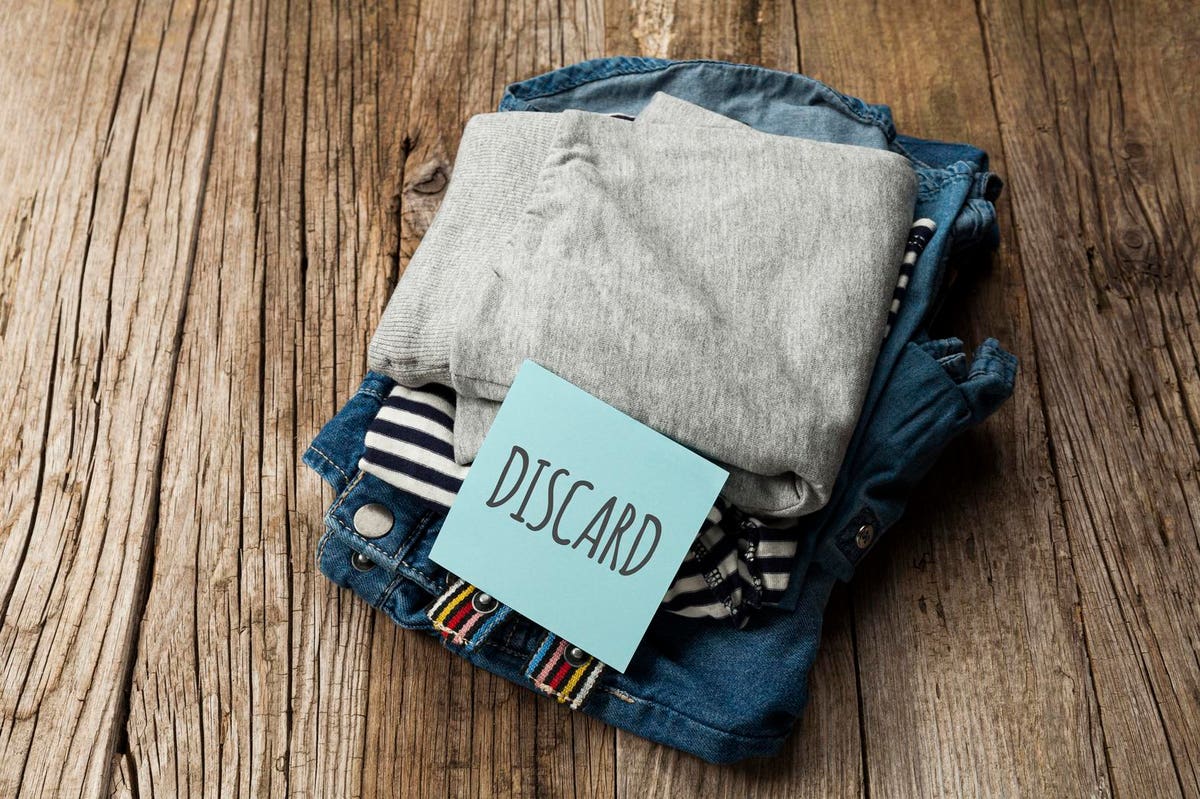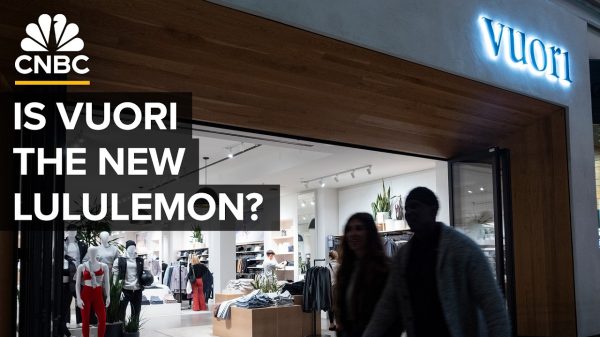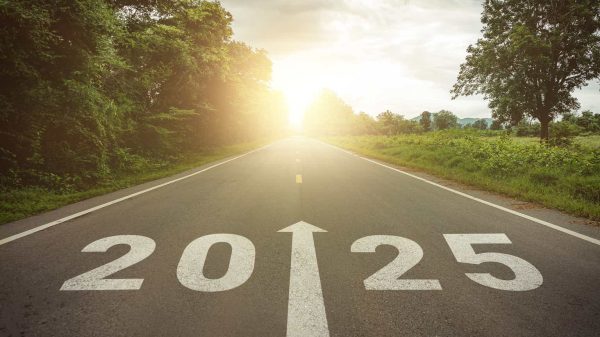Picture this: an open room, sunlight pouring through the windows, a place for every object and every object in its place. Serene, isn’t it? What we’re imagining here is not simply an appealing living space; it’s a state of being, a way of life that can offer surprising benefits to both our wallets and our well-being.
15 years ago, this weekend, my life changed forever. I was introduced to minimalism by my neighbor. When I woke up that morning, I imagined it would be a typical Saturday cleaning out my garage after a long Vermont winter.
But too many hours spent cleaning and organizing, followed by my neighbor reminding me that “maybe you don’t need to own so much stuff,” resulted in my family of four removing 60-70% of the possessions from our home.
Since that day, minimalism — this very idea of living with less — has gained traction in our chaotic, consumer-driven society. One reason is the greater understanding these days that the appeal of minimalism goes beyond the aesthetics of clear countertops and empty spaces.
It’s an invitation to dream bigger dreams for our lives, reassess our approach to consumption, redefine our values, and carve out room for the things that truly matter. Here’s why.
Minimalism: A Path to Intentional Spending
The act of decluttering has obvious financial benefits. In our pursuit of more, we often spend without thinking, gobbling up goods marketed as must-haves.
For example, American shoppers purchase about five times more clothing now than they did in 1980. And according to the USA Today, Americans now spend $1,500/month on nonessential items.
This impulse to acquire and accumulate isn’t just a drain on our bank accounts, it’s also the architect of the cluttered spaces that stifle us.
The financial benefits of minimalism, however, go beyond the simple idea of buying less to save money. Each decluttering decision carries an opportunity cost: the alternative uses for that money. By choosing not to buy that designer handbag or latest tech gadget, you’re freeing up funds for perhaps paying off debt, building an emergency fund, contributing to retirement savings, or solving a problem that you see in the world.
Our money is only as valuable as what we choose to spend it on. When we choose material goods, like a big-screen TV or a new wardrobe, that’s the value we’ve gained — fleeting amusement or ever-changing fashion. But our money can bring about greater good when we find better places to spend it.
These are the financial rewards of decluttering and minimalism: enhancing fiscal health, fostering security, and paving the way to financial freedom. It’s about shifting our mindset from unconscious consumption to intentional spending.
Personal Rewards: Beyond Material Wealth
But minimalism isn’t just a financial strategy. It is a lifestyle that opens the door to profound personal rewards. Our pursuit of endless accumulation distracts us from the very things that bring lasting happiness and fulfillment.
A study from San Francisco State University found that people who spent money on experiences, rather than material items, reported greater happiness and satisfaction. Their money felt better spent. Why? Because experiences foster growth, generate lasting memories, and deepen our connections with others.
A minimalist approach, one less focused on material possessions, gives us the freedom to invest in these valuable experiences.
And there are countless studies that confirm what we suspect: decluttering can help reduce stress, improve mental health, create space for focus, and even increase our productivity.
By embracing a minimalist approach to life, we’re not just creating a more aesthetically pleasing environment, we’re actively promoting our mental well-being.
The Unseen Magic
MAGIC
MAGIC
But the financial and personal rewards don’t end there! What I have seen in my own life and thousands of times in lives of others, when we embrace minimalism, we tend to unlock a transformative change in our mindset, moving from a scarcity mentality to one of abundance.
Oftentimes, the urge to accumulate stems from a fear of not having enough or an internal competition we’ve set up in our minds against others.
By consciously choosing to live with less, we confront this fear head-on. We start recognizing that our lives are already abundant, filled with love, experiences, and opportunities. We’re reminded that fulfillment isn’t derived from the items we possess, but from the life we lead and the people we share it with. And we begin to discover that life isn’t a competition to prove my success by owning more than my neighbor, it’s about cooperating with others to become the best version of myself that I can offer to the world.
Minimalism isn’t just an action; it’s a dialogue with ourselves, an ongoing conversation about what truly matters in our lives. It frees up not just physical space, but mental and emotional space as well, clearing the path for introspection, gratitude, and a heightened sense of self-awareness.
Embracing the Richness of Less
Understanding the rewards of decluttering and minimalism is a wake-up call. It nudges us to reassess our values, rethink our spending habits, and realize the life-enhancing benefits of owning less. The richness of minimalism isn’t about empty spaces or scant belongings; it’s about a life brimming with intentionality and purpose.
Minimalism teaches us that decluttering is more than a tidying up exercise. It’s an exercise in redefining success — not by what we own, but by who we become when we prioritize meaningful experiences over material possessions.
By focusing on quality, not quantity, we gain the freedom to nurture our financial health, personal well-being, and enrich our lives in ways we never thought possible. We discover that the best things in life aren’t things, and that our worth is not defined by our acquisitions but by our actions and our impact.
Decluttering, therefore, isn’t just about letting go of what we don’t need. It’s about embracing what we truly value, unlocking financial freedom, cultivating personal growth, and ultimately leading a richer, more fulfilling life—for both ourselves and the world around us.
Read the full article here













